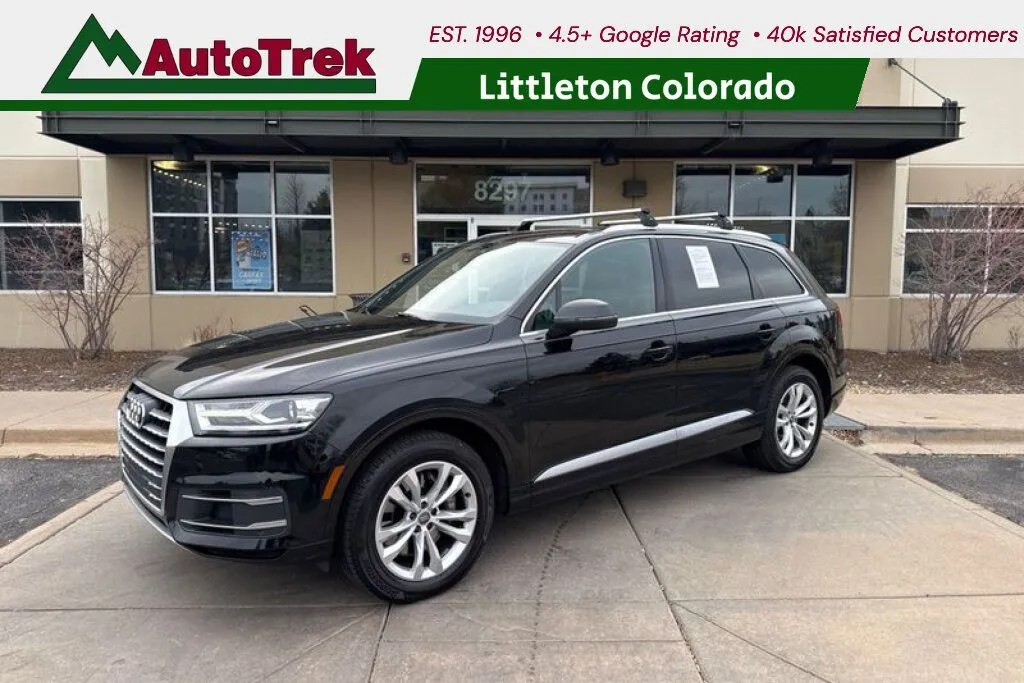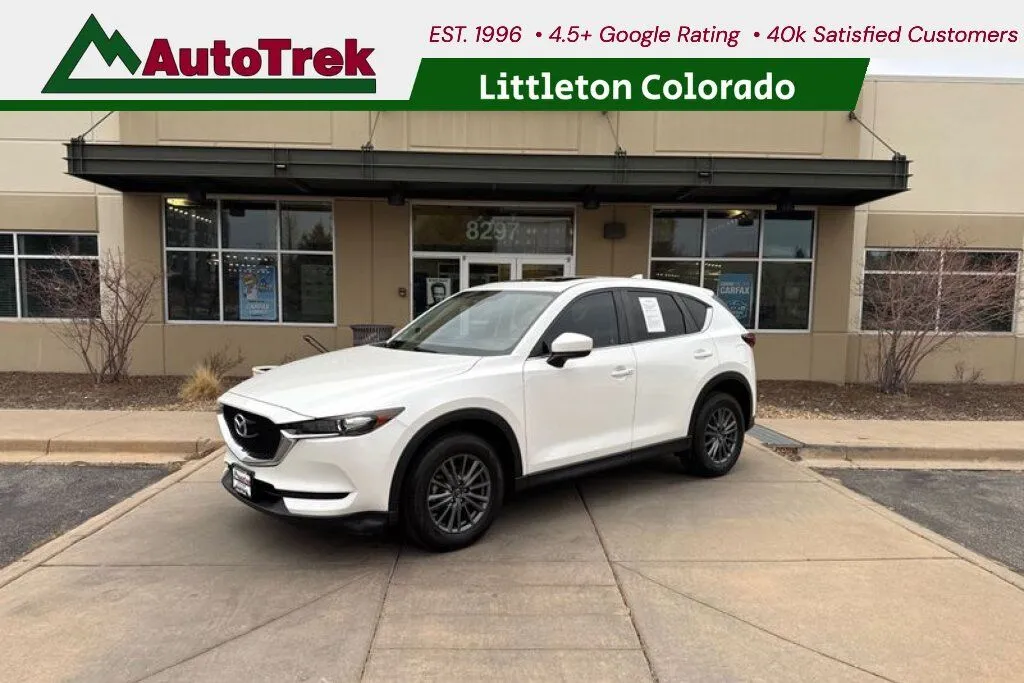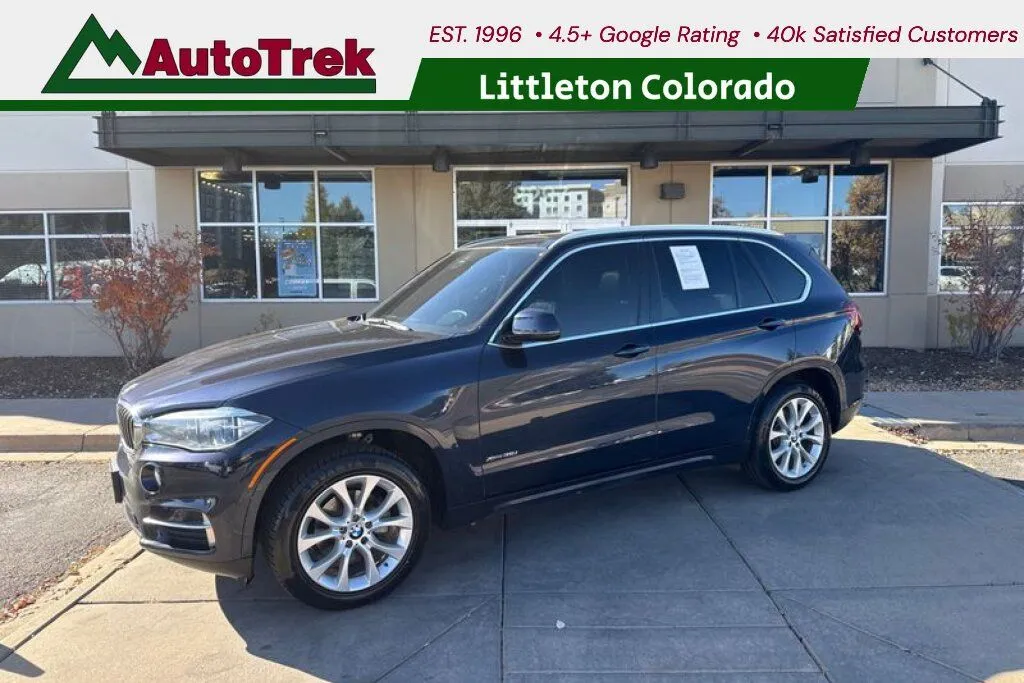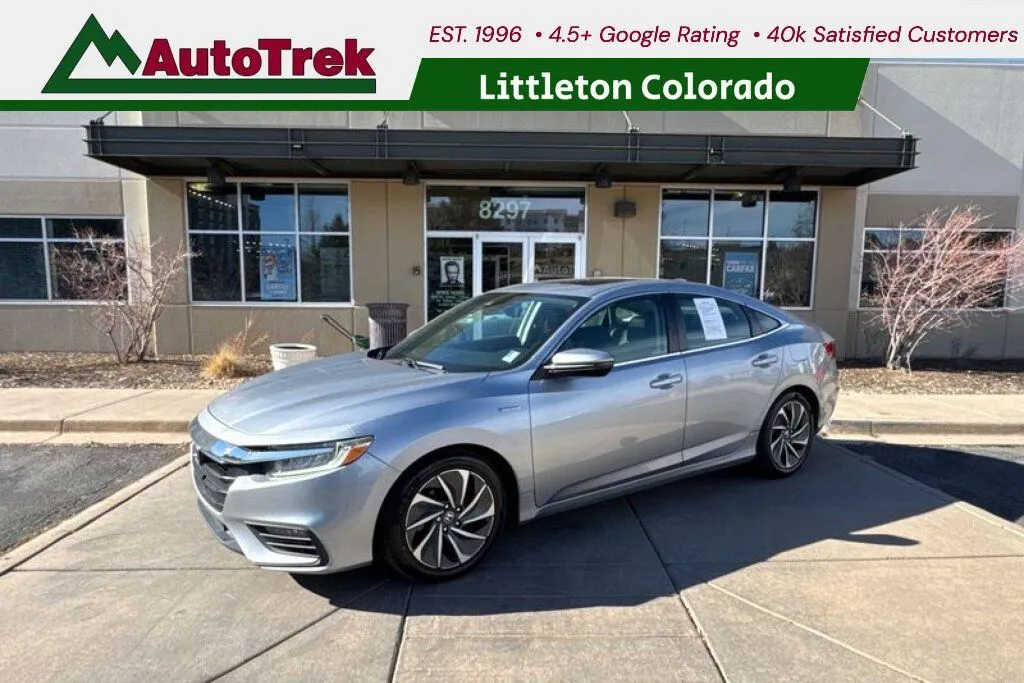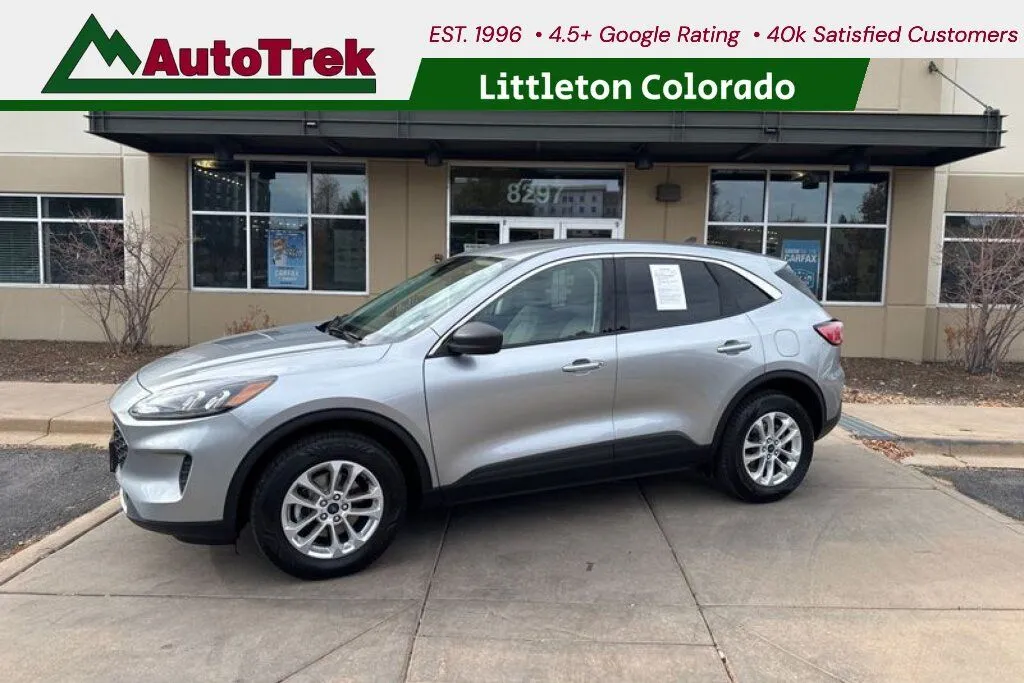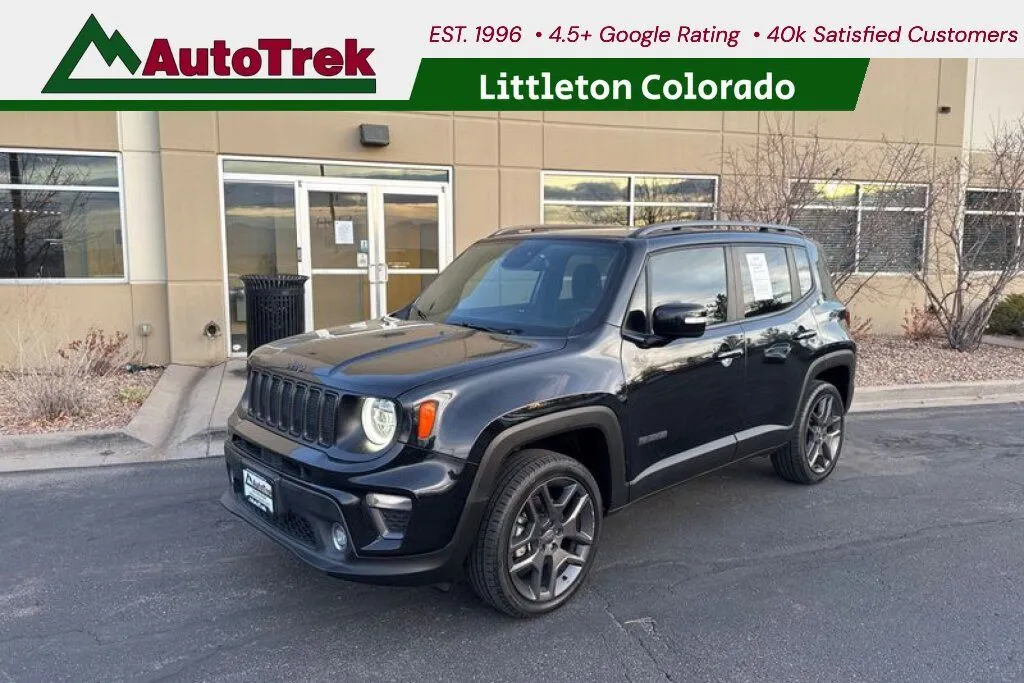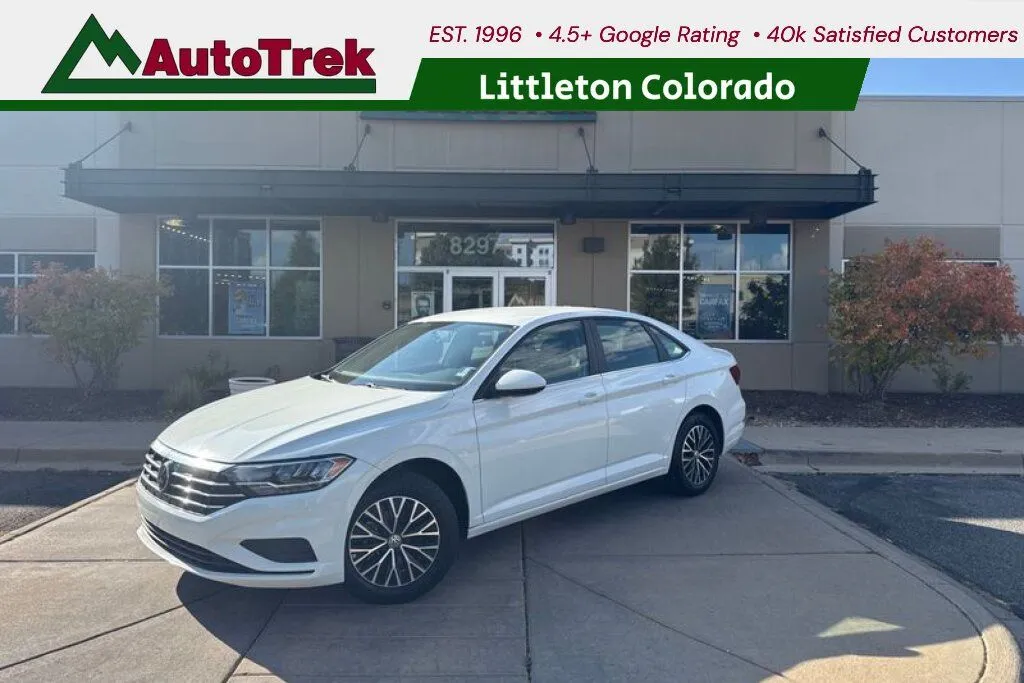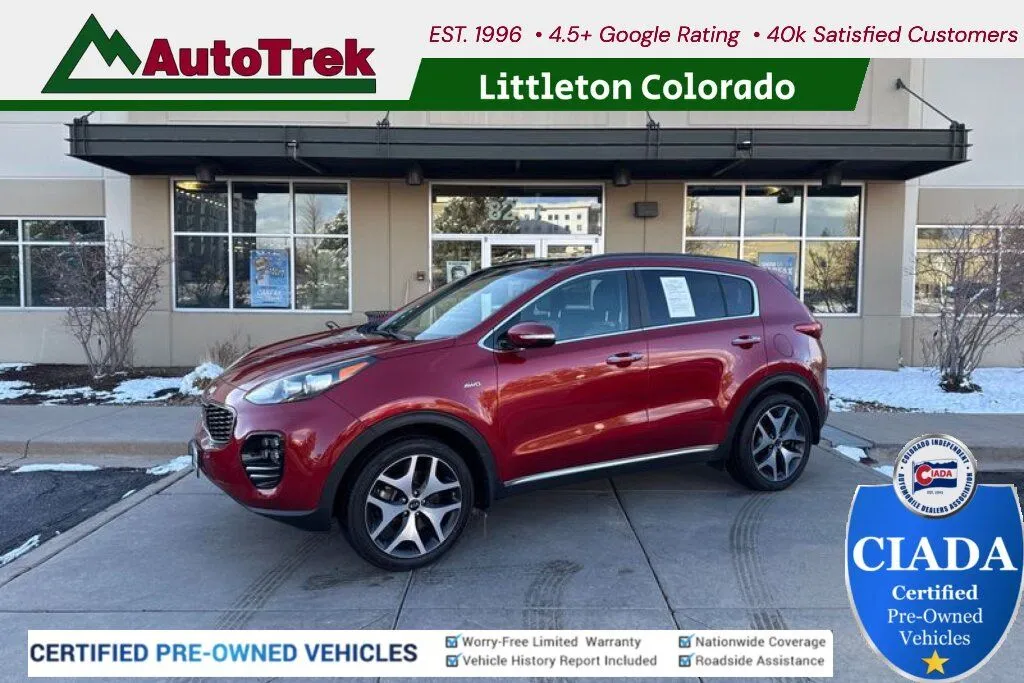11 Common Used Car Buying Mistakes To Avoid
Purchasing a vehicle is a major financial step for those seeking reliable transportation. Yet many people fall into avoidable traps during the buying process.
These used car buying mistakes often lead to costly repairs, safety concerns, and long-term frustration. Recognizing these errors early helps buyers steer clear of common pitfalls and move forward with greater confidence.
Not Researching Vehicle History Before Purchase
Skipping a full history check on a used vehicle can lead to serious regret. Buyers often get swept up in a car’s appearance and fail to investigate prior accidents, ownership changes, or service records. This oversight can leave them with a vehicle hiding damage or costly mechanical issues. A detailed history report reveals potential red flags, including past collisions and odometer fraud.
Checking the vehicle’s history sheds light on reliability, previous damage, and the accuracy of reported mileage. Reports often expose title issues or signs of tampering, which could otherwise go unnoticed.
Skipping the Pre-Purchase Inspection Process
Assuming a car looks good enough to buy without a mechanic’s inspection is a common misstep. Buyers who skip this step risk inheriting mechanical defects that become expensive repairs. A qualified mechanic can uncover issues that may not be visible during a walkaround or casual test drive.
An independent inspection verifies the car’s mechanical condition and highlights safety concerns or upcoming maintenance needs. This unbiased evaluation provides leverage during negotiation or signals when to walk away. Make this inspection part of your routine before making any purchase decisions.
Ignoring the Importance of a Test Drive
Some buyers rush through the process without taking the car for a proper test drive. This mistake prevents them from identifying issues related to handling, braking, suspension, or transmission performance. A test drive under real-world conditions is essential for spotting concerns that aren’t visible while parked.
During the drive, pay close attention to how the car responds, the smoothness of gear shifts, and any abnormal sounds or vibrations. This experience helps you decide whether the vehicle matches your needs for comfort, performance, and overall driving satisfaction.
Failing To Check for Recalls on the Vehicle
Overlooking recall status is another major used car buying mistake that can lead to serious consequences. Vehicles with unresolved recalls may contain defects that put the driver, passengers, and others on the road at risk. These recalls often affect essential components such as airbags, brakes, fuel systems, or ignition switches, and failing to address them compromises overall safety.
Use the vehicle identification number (VIN) to search for any open recalls through official databases. Checking this information before completing a purchase helps you avoid inheriting a vehicle with dangerous flaws or pending repairs.
Resolving these issues early also reduces the chance of unexpected repair bills down the road and confirms that the manufacturer has already corrected known problems. This quick but vital step adds confidence and accountability to the transaction, while also promoting a safer driving experience.
Overlooking the Total Cost of Ownership
A low sticker price doesn’t always reflect the true cost of owning a used car, making this a common financial trap. While the initial price tag may seem affordable, buyers must consider the ongoing expenses that accumulate over time. These include fuel consumption, insurance premiums, routine maintenance, repair costs, and replacement parts. Overlooking these factors can result in a car that strains your monthly budget or requires more frequent service than expected.
Research the vehicle’s typical maintenance schedule, availability of parts, and common issues reported by other owners. Certain models may require specialty servicing or more frequent repairs. This can lead to higher ownership costs in the long term.
Factor in the expected depreciation rate, warranty coverage (if any), and fuel efficiency when evaluating a used car. A full understanding of these long-term responsibilities helps buyers make informed, practical choices instead of being swayed by an attractive sale price alone.
Not Getting Financing Approved Before Shopping
Starting the search without pre-approved financing is another common used car buying mistake that puts buyers at a disadvantage from the beginning.
Without secured financing, many shoppers end up relying on in-house dealership loans that carry higher interest rates, limited options, or restrictive terms that favor the seller. This lack of preparation often results in rushed financial decisions. It can lead to long-term obligations that stretch beyond a comfortable budget.
Getting pre-approved helps define your actual purchasing power, narrows down your choices, and gives you room to negotiate with greater confidence.
With financing in place, you can focus on vehicles within your price range and avoid wasting time on cars that exceed your financial limits. It also enables you to compare interest rates and loan conditions from different lenders, which may reveal better alternatives than what the dealership provides. Pre-approval acts as both a budgeting tool and a bargaining chip.
Buying Based on Monthly Payments Alone
Focusing solely on monthly payments can mask the true financial impact of a car loan and is one of the more misleading used car buying mistakes. A low monthly rate might seem attractive at first glance. However, it often comes with a higher interest rate or an extended loan term that significantly increases the total cost of ownership over time. This tunnel vision can lead buyers into long-term debt without realizing how much more they are paying in the end.
Look beyond the monthly figure and examine the full repayment amount, including interest and fees. A long-term loan may stretch over five to seven years, by which point the vehicle could have depreciated to a fraction of its original value.
Buyers may also face costly maintenance and repairs before the loan is even paid off. Always take time to review the full loan structure and assess how it aligns with your financial goals, not just your short-term budget.
Not Comparing Prices Across Different Sellers
One of the most frequently used car buying mistakes involves neglecting to compare prices for similar vehicles across various sellers or dealerships.
This lack of thorough research often leads to buyers overpaying for a car they could have purchased for less elsewhere. Pricing for identical makes and models can differ based on the seller’s location, inventory levels, and pricing strategies.
Exploring prices from multiple sources, including private sellers and different dealerships, allows buyers to spot the best deals available. Use online platforms and classified ads to collect price comparisons for the specific vehicle you're targeting. This process gives you greater confidence during negotiations and puts you in a stronger position to secure a fair price. Avoid settling for the first offer presented without checking how it compares to the broader market.
Falling for High-Pressure Sales Tactics
Another widespread mistake in the used car market is giving in to high-pressure sales tactics. Buyers often find themselves rushed by salespeople who claim a vehicle will be gone if they don't act immediately.
This sense of urgency is designed to stop buyers from evaluating their options, conducting research, or negotiating effectively. Moving too fast increases the risk of ending up with a car that doesn't suit your needs or budget.
Taking control of the pace allows you to avoid impulsive decisions. Trustworthy sellers give you the freedom to ask questions, take time to reflect, and even walk away if you're unsure. Make it a priority to pause, think through your decision, and seek advice when needed. Never let urgency or pressure override your better judgment when making such a significant purchase.
Not Verifying the Seller’s Reputation Online
Overlooking a seller’s background is another critical used car buying mistake. Failing to check online reviews or customer feedback can leave you vulnerable to scams, hidden problems, or dishonest practices. Some sellers have histories of poor service, misleading listings, or unresolved complaints, all of which can create major issues after the sale.
Researching a seller’s reputation helps you avoid unpleasant surprises and choose someone trustworthy. Scan for patterns of negative reviews or recurring concerns about undisclosed vehicle problems and title issues. A seller with consistent positive feedback and transparent communication is far more likely to bring a smooth, reliable experience.
Skipping a Professional Mechanic’s Evaluation
Skipping a certified mechanic’s evaluation is one of the most costly used car buying mistakes. A clean exterior or smooth test drive doesn’t guarantee a mechanically sound vehicle. Many issues lurk beneath the surface and go unnoticed without expert inspection. Buyers who ignore this step often discover expensive problems only after finalizing the deal.
A detailed evaluation from a qualified mechanic gives an objective review of the vehicle’s current condition. This inspection covers critical systems like the engine, suspension, brakes, and transmission. This third-party opinion helps guide smarter decisions, supports price negotiations, and reduces the risk of costly surprises after purchase.
Find Affordable Pre-Owned Car Deals in Littleton, CO with AutoTrek
Are you ready to discover a transparent and no-haggle car buying or leasing experience right here in Colorado? We at AutoTrek simplify your journey to find the perfect vehicle without any of the typical stress.
Our team helps you explore affordable pre-owned car deals in Littleton, CO, so you receive a fair price every time. We offer a wide selection of quality used cars, trucks and SUVs for sale in Littleton, CO, tailored to your needs. AutoTrek proudly serves our community and provides exceptional service for all your automotive needs.



